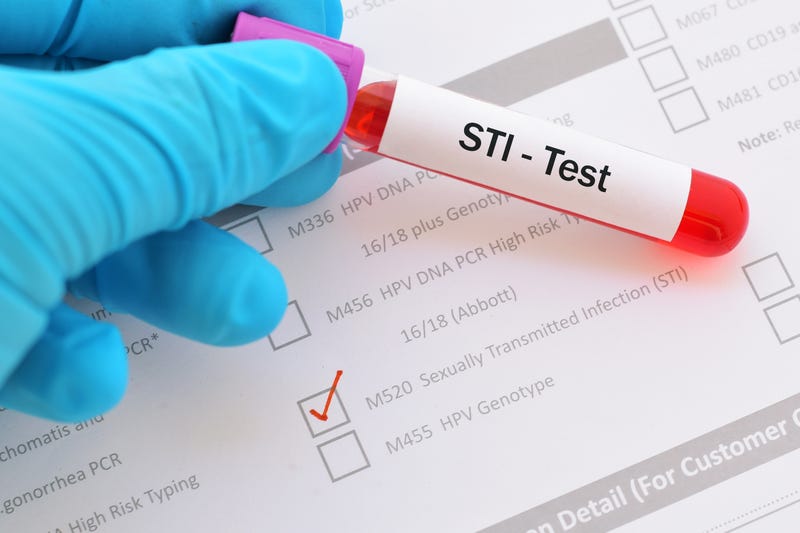
An older and cheap medication could be given new use as research shows positive results when using it to combat sexually transmitted infections.
The study was published earlier this year in the New England Journal of Medicine and found that taking the antibiotic doxycycline results in a 65% overall reduction in new STIs when taken within 24 to 72 hours after having sex without a condom.
Dr. Annie Luetkemeyer, a professor of medicine and infectious diseases at the University of California, San Francisco, who led a recent clinical trial on doxy-PEP based in Seattle and San Francisco, shared that the treatment appeared safe across the board.
“You really see a signal that there are consistent reductions across the board,” Luetkemeyer said. “We saw that this was safe. We saw that it was well tolerated. We saw that it reduced sexually transmitted infections.”
The research suggests that the antibiotic lowers a person’s risk of contracting three of the most common STIs, chlamydia, gonorrhea, and syphilis.
Taken as a form of post-exposure prophylaxis, or PEP, the preventative treatment is now called doxy-PEP. The treatment has provided such positive results that even the Centers for Disease Control and Prevention is planning on rolling out guidance later this summer.
The guidance would give doctors and public health departments a plan for offering the treatment to those who are interested.
It is important to note, too, that doxy-PEP will not be recommended for everyone, including most women. The treatment also carries implications for antibiotic resistance, which needs to be closely monitored.
So far, the research has looked at how well the treatment works when offered to gay and bisexual men and transgender women, all of whom have disproportionately high rates of STIs.
When it comes to specifics, doxy-PEP was found to cut new cases of chlamydia by 80% and gonorrhea by more than 50% while also seeing a reduction in new cases of syphilis, though researchers noted that there were fewer cases in their trial.
The trial was giving such positive results that it was cut short so the control group could begin receiving the antibiotic.
Luetkemeyer did note that the trial didn’t include all types of people, as participants either had an HIV diagnosis or were taking PrEP, an HIV prevention drug, and had at least one STI in the past 12 months.
“Our study does not inform everybody,” Luetkemeyer said. “It informs a group of people who already had an elevated risk of sexually transmitted infections.”
DOWNLOAD the Audacy App
SIGN UP and follow KCBS Radio


